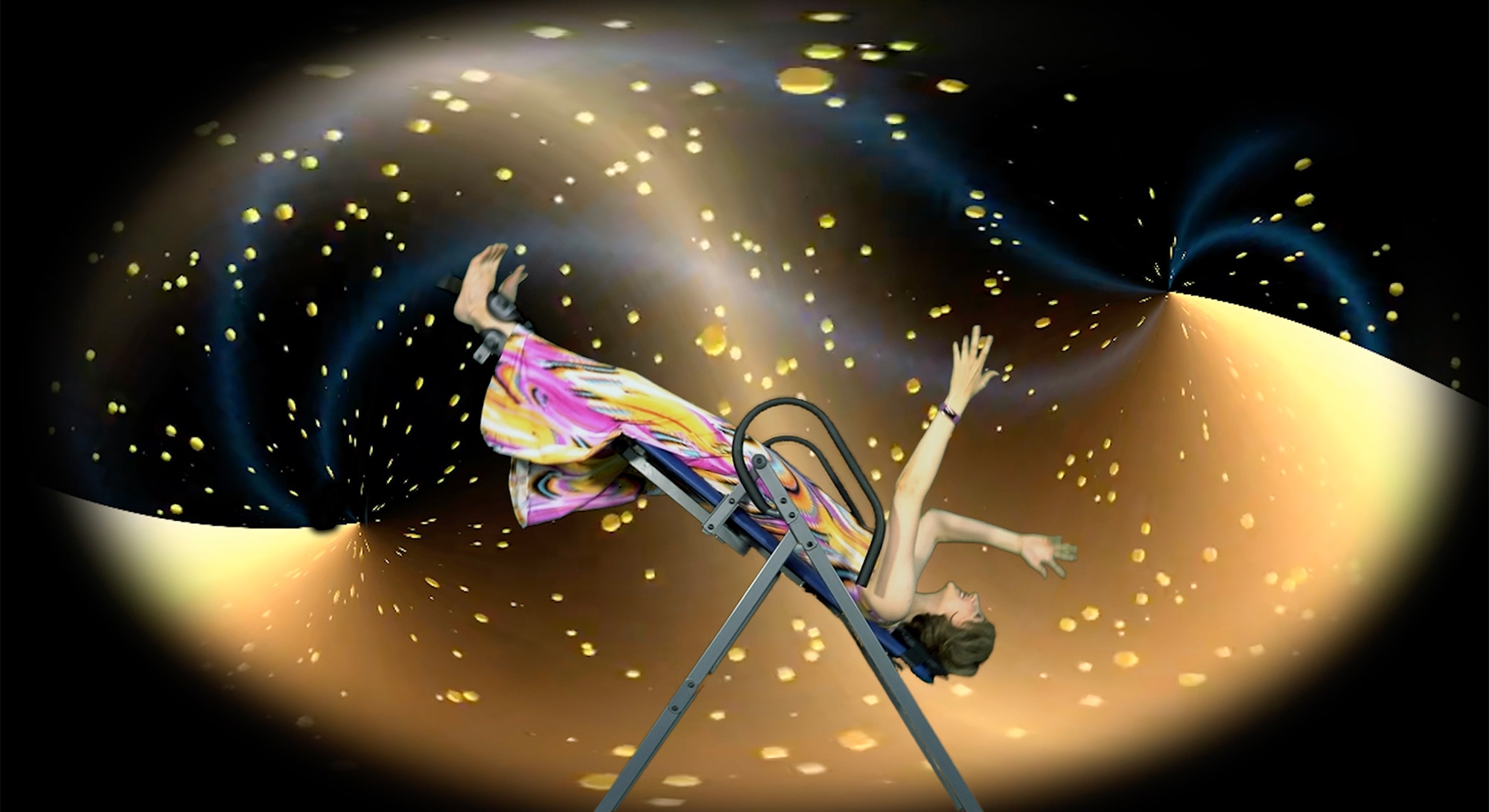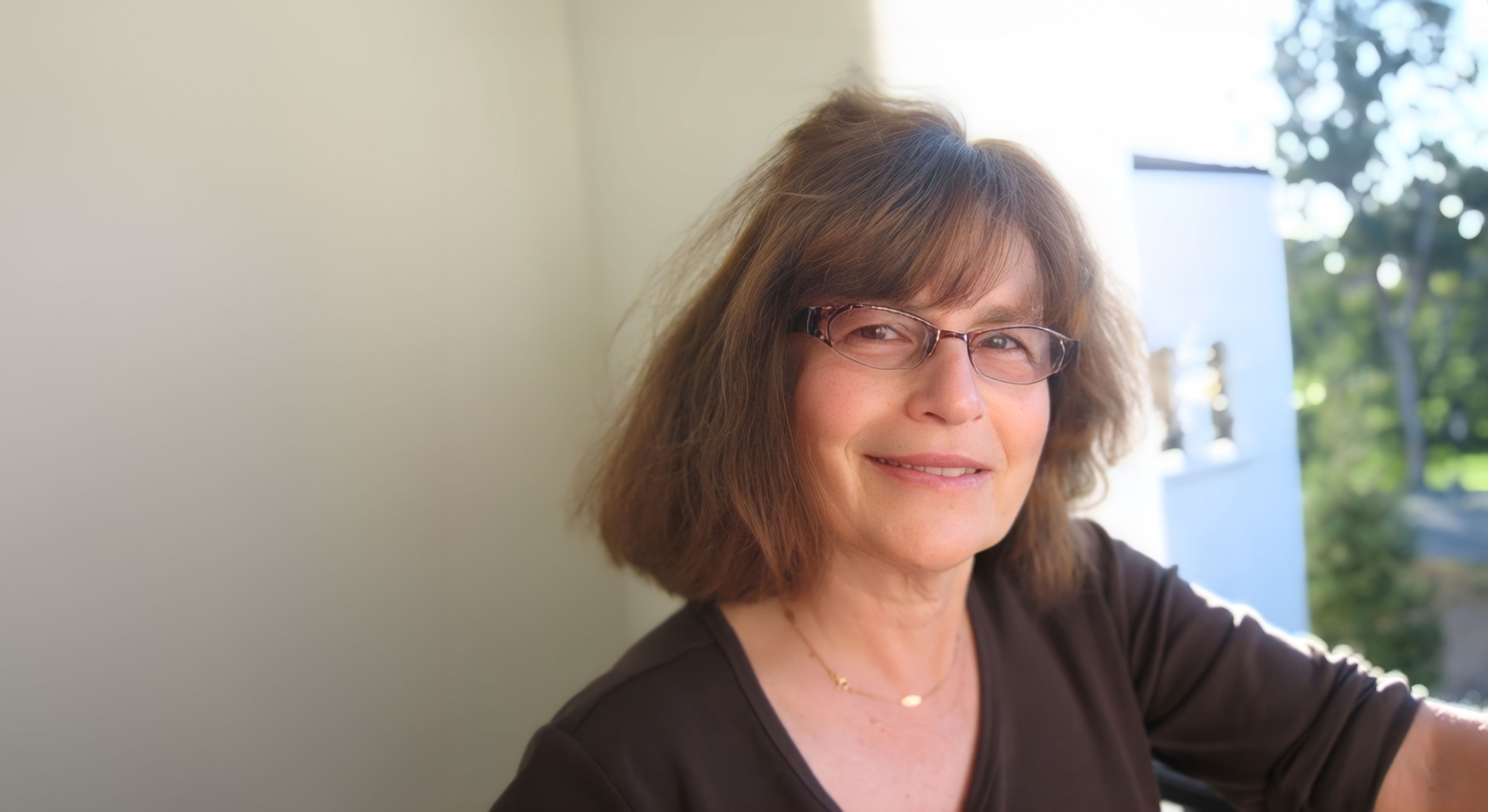UCSB Conference to Examine Christian Pilgrimages in Medieval History, Art, Literature, and Virtual Reality
Throughout the Middle Ages, European Christian pilgrims would travel to religious sites in Europe and the Holy Land. The pilgrims came from many countries and social classes. And they undertook their journeys, often at the behest of the clergy, for a variety of reasons: to serve penance and be forgiven their sins, to seek a miracle cure for illness or affliction, or to visit the holy places described in the Bible or shrines associated with the early saints of the Christian Church in western Europe.
"The Medieval Pilgrimage: History, Art, Literature, and Virtual Reality," a colloquium organized by the Medieval Studies Program at the University of California, Santa Barbara, will examine the religious pilgrimage, focusing particularly on the cathedral at Santiago de Compostela in northern Spain, the terminus of many medieval pilgrimages, and on Jerusalem as an allegorical terminus.
Free and open to the public, the colloquium will be held from 9 a.m. to 6 p.m., Saturday, Oct. 16 in the Harbor Room of UCSB's University Center.
Registration is required and can be made on-line at the colloquium web site, http://medievalstudies.ucsb.edu/events/colloq_f04.html. A schedule is also available online.
"The colloquium will explore from an interdisciplinary and comparative point of view a major phenomenon in the development of Western Civilization, the religious pilgrimage," said Harvey Sharrer, a professor of Spanish and Portuguese and chair of UCSB's Medieval Studies Advisory Committee.
"Scholars in the fields of history, art and architecture, literature, religious studies---as well as media and technology---will discuss how such pilgrimages also led to the spread of knowledge, culture, and ideas."
First speaker of the event will be John Dagenais of UCLA, who will discuss "The Cathedral of Santiago de Compostela: The Original Design for Master Mateo's Pórtico de la Gloria and the Shape of Faith."
Juan Campo, a professor of religious studies at UCSB, will be the respondent.
At 11 a.m., James D'Emilio of the University of South Florida will discuss "The Santiago Cathedral, the Pilgrimage, and the Art and Architecture of Twelfth-Century Spain."
The respondent will be Conrad Rudolph of the University of California, Riverside.
At 1:30 p.m., M. Alison Stones of the University of Pittsburgh will discuss "Who is in and Who is out: The Saints of the Pilgrim's Guide to Santiago."
Sharon Farmer of the UCSB history department will respond.
At 3 p.m., Sarah Kay of the University of Cambridge's Girton College will discuss "The Divided Path in Guillaume de Deguileville's Pelerinage de Vie Humaine: Separation and Identity."
Related Links



